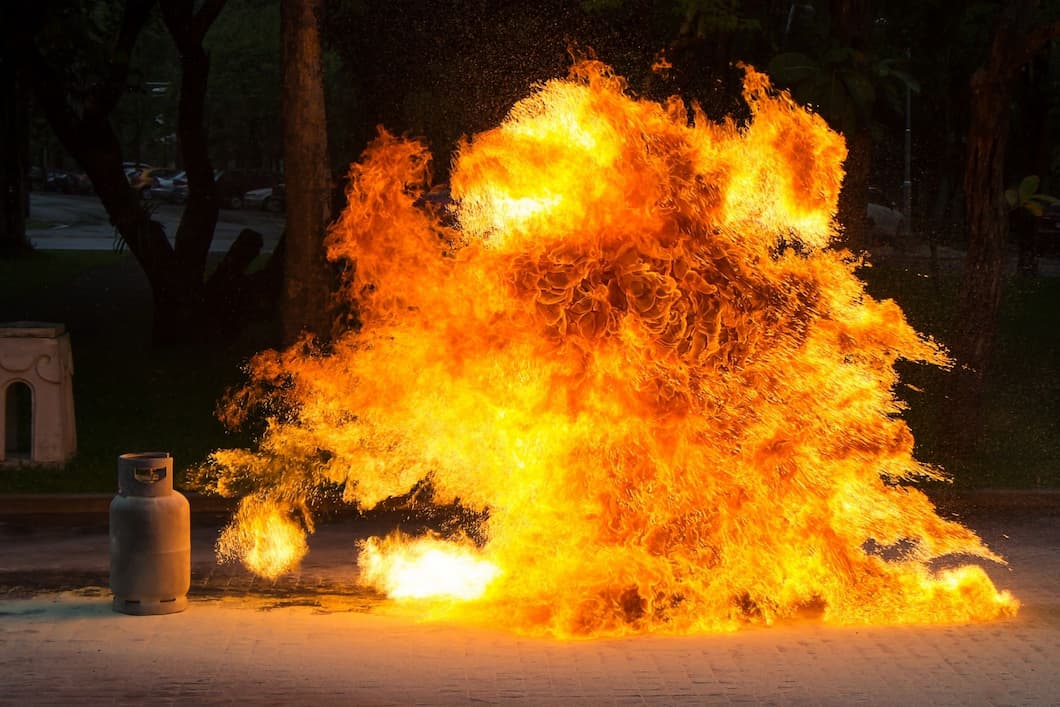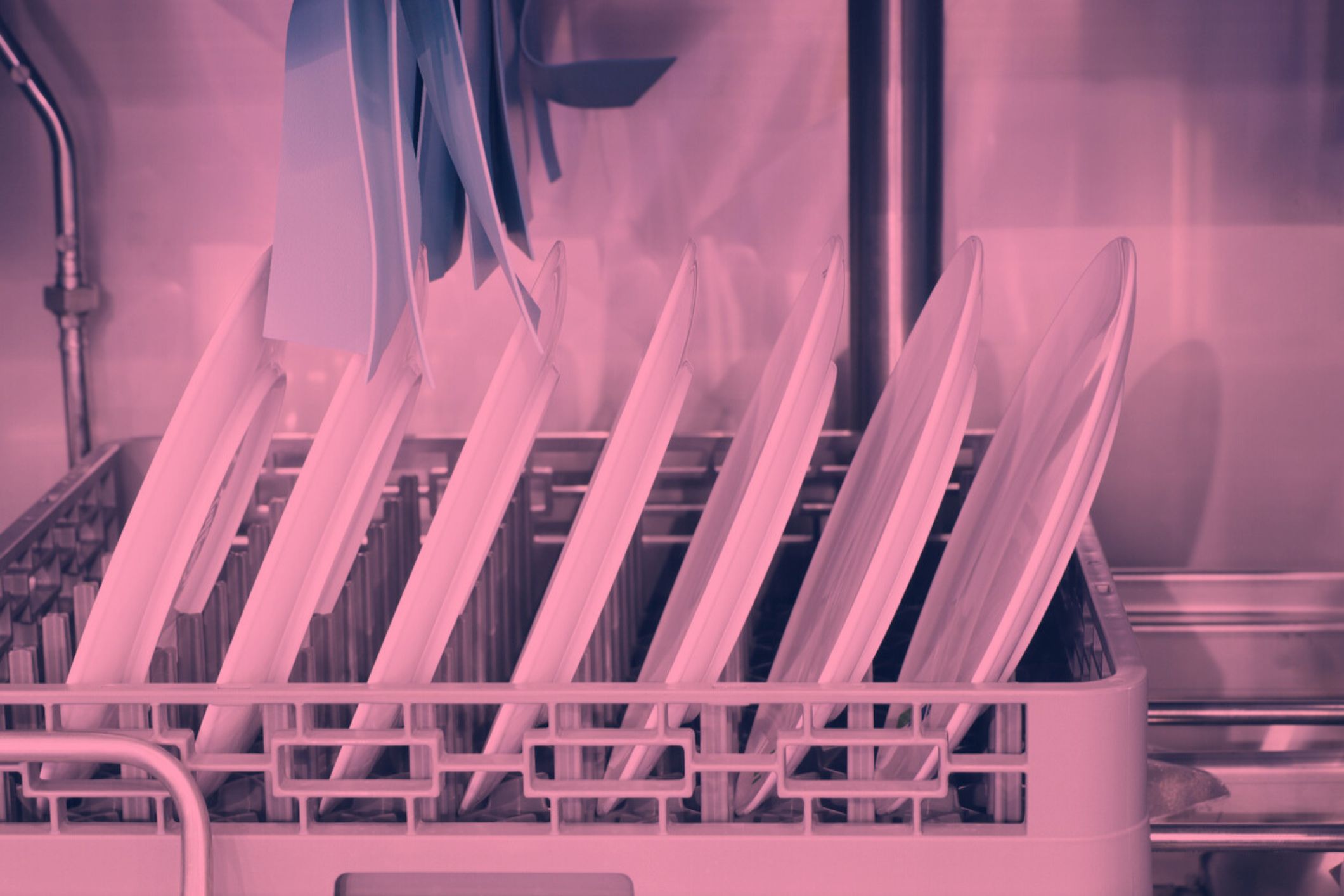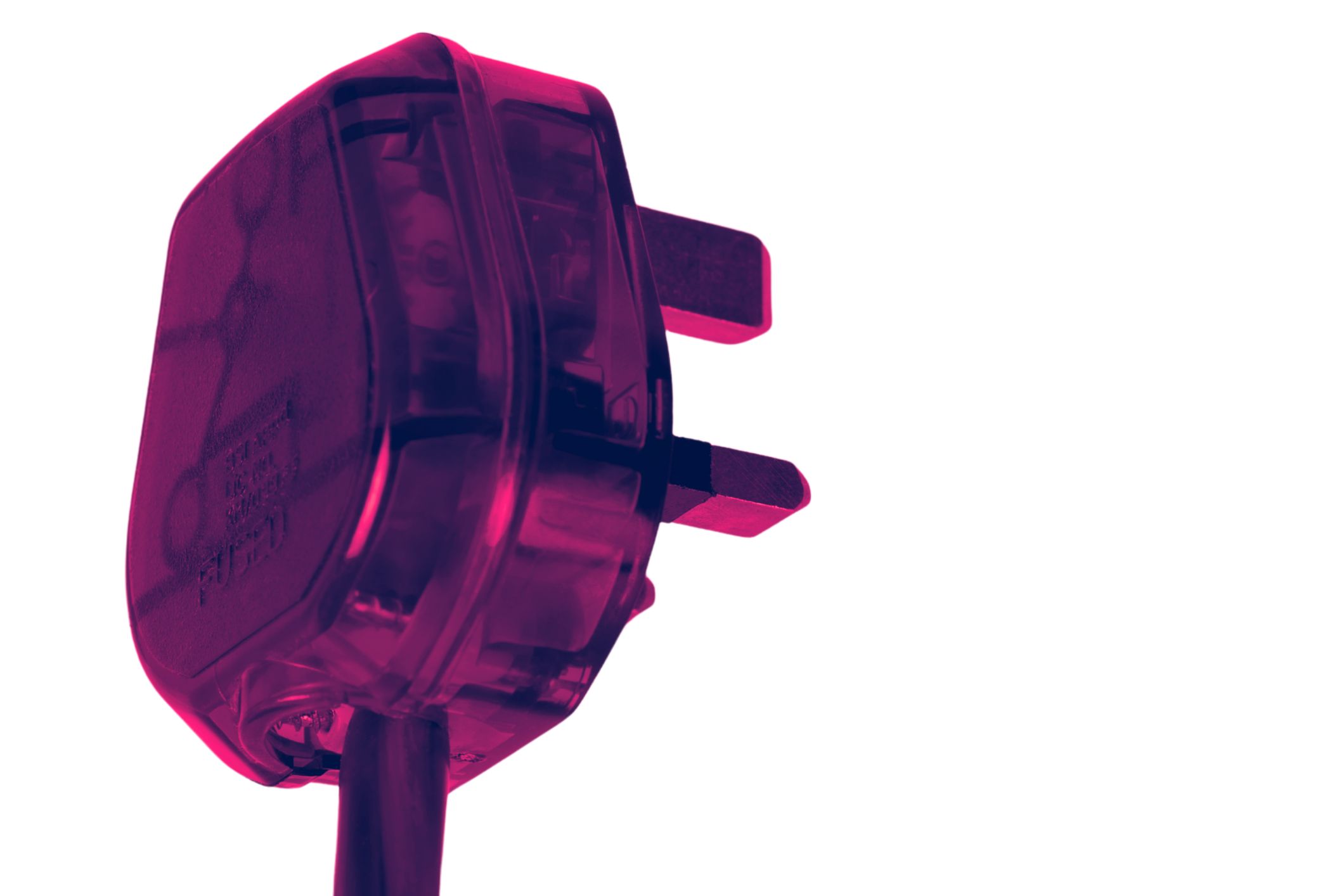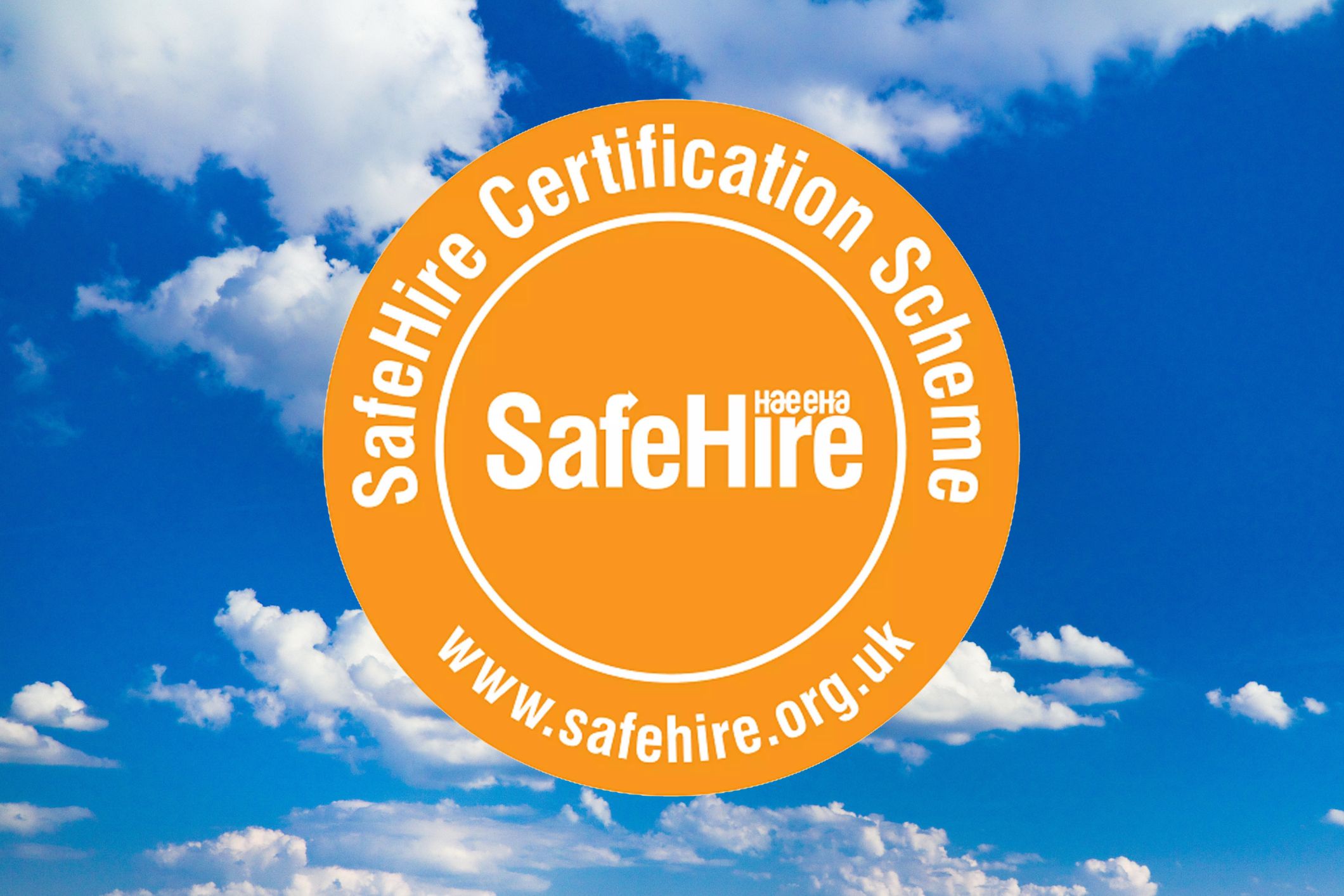Safe Storage of Gas Cylinders On-Site

If there’s one thing we talk a lot about, it’s health and safety. And rightly so, especially when you’re catering to the public. It’s a priority for us at Plato Hire, so it’s always worth talking about the importance of looking after equipment properly.
As a caterer, one of the most important pieces of equipment you hire is your ovens – after all, your event depends on them. And with your ovens comes gas cylinders. When you’re prepping for your event, you probably consider how long your ovens will be alight and how much gas you need – but have you thought about how you’ll manage the cylinders themselves?
Obviously, you know that your LPG gas cylinders are flammable. That means they need to be looked after – because nothing ruins a party faster than an unexpected fire. So, to keep your event a success, let’s have a quick refresher on the safe storage of gas cylinders.
A toolbox for safe storage of gas cylinders
You’ll need a few pieces of equipment to look after your gas cylinders properly.
This includes:
- Gas Spanner
- Gas Leak Detection spray
- 4kg Dry Powder Fire Extinguisher
- Carbon Monoxide and Carbon Dioxide alarms
- A couple of ‘No Smoking’ Signs
Safe storage of LPG gas cylinders: LPG
There are a few rules for the safe storage of your gas cylinders to keep in mind. Remember, it’s not just for your safety, but for those around you, so it’s worth doing properly.
1. Gas cylinders should be stored and used outside in an upright position. Do not allow smoking or permit naked flames in the area when changing gas cylinders.
2. Cylinders need to be stored in a well-ventilated area in case of leaks and kept in a cool place away from sources of heat or direct sunlight.
3. Be aware of emergency arrangements – Appliances must NOT be located to endanger emergency escape routes.
Safe use of gas cylinders
Unless there are specific instructions on the cylinder about how to position them from the manufacturer, the rule is that they should be stored and used in an upright position. When you are using them at an event or storing them between events, make sure they are restrained properly to prevent them being knocked or falling over. Gas cylinders contain gas under high pressure – if they are damaged, they can become dangerous.
Your gas cylinder should be at least 1 metre away from buildings, marquees, and any source of ignition – which includes your oven. That’s why your cylinder has a long hose. It should also be placed 2 metres away from any open drains.
When you store your cylinders between use, make sure they’re outside and in a secure cage to prevent anyone mishandling them. Don’t store them underground. They also need to stay out of direct sunlight and away from any other sources of heat.
Ventilation matters
If your gas cylinder should begin to leak it can be highly dangerous. Having good ventilation is vital to allow gases to vent. When you’re catering an outside event, you might be tempted to close your awning to prevent drafts, but then you’re potentially trapping gas in with you.
– Always ensure there are at least two vents opposite each end of the space. Four is preferable.
– You need at least 6sq cm per 1 kilowatt for good ventilation. (As a guide, a 6-burner gas overproduces 40 kilowatts of power.)
For your own safety as well as that of your customers and your team, it’s advised you use a carbon monoxide detector to provide an early warning of gas leaks. Remember that gas itself is invisible – and when you are surrounded by cooking smells and your attention is focused on business, you might not notice a small, silent gas leak.
Warning signs to remember
If you do have a gas leak, it’s important to know what the symptoms are in case you or your team start showing signs of carbon monoxide poisoning. It can be very much like a viral infection, so it’s hard to spot.
Signs to look out for are:
– Mild headache
– Severe headache including weakness, dizziness, nausea, or vomiting
– Coma, intermittent convulsions
– A depressed heart action or slowed respiration.
Once hired, they are your responsibility
We take our hire standards very seriously, and that includes the care and maintenance of our equipment. We test each oven and other items before you hire them. Our high levels of professional standards are approved by the SafeHire Association – giving you even more reassurance.
However, once the equipment is on-site, it becomes your responsibility to ensure that they are stored and placed correctly, and that you have the right distances and ventilation measures in place to protect your staff, your customers and your business.
If you’d like advice about equipment hire or safety, we’re happy to help you. We have a really useful Gas Safety Guidelines and Checklist pdf that we can send you. Our aim is to help you make every event a resounding success.



